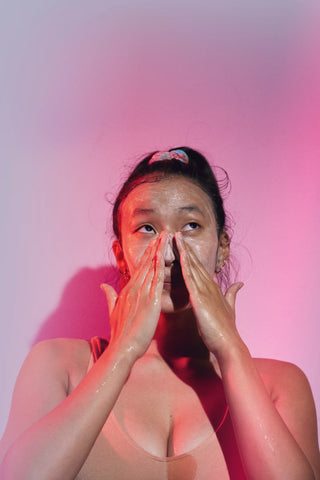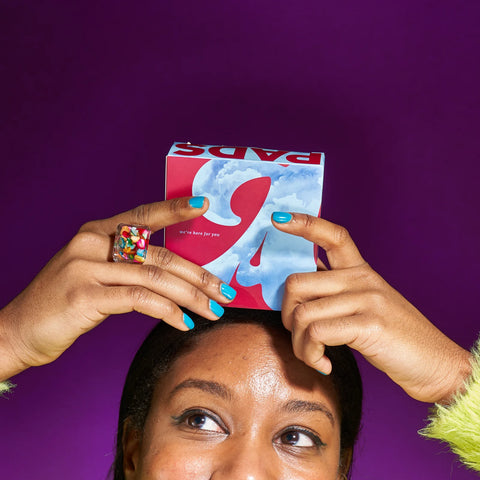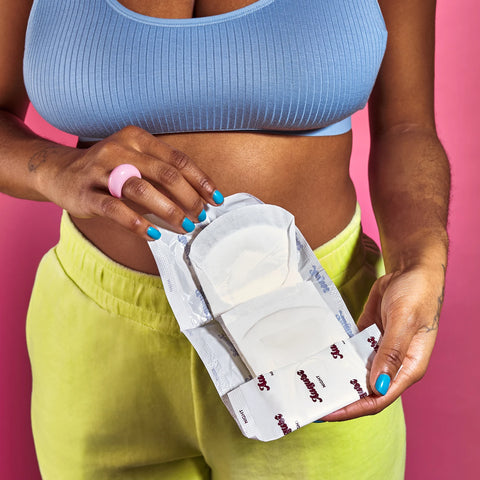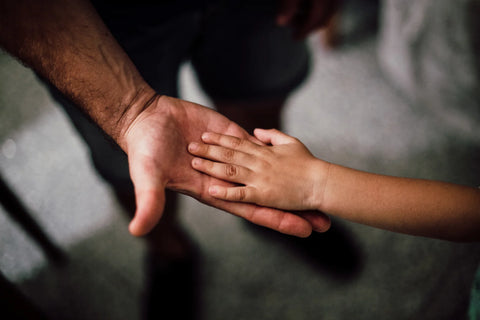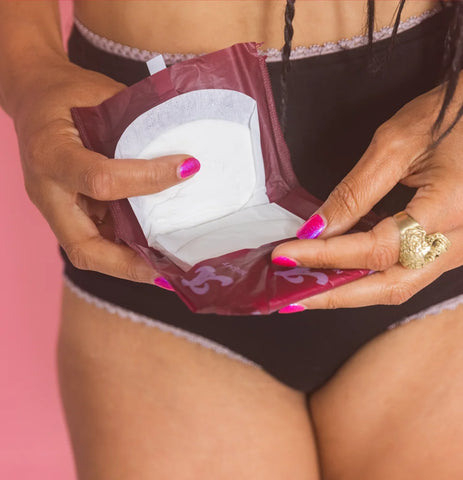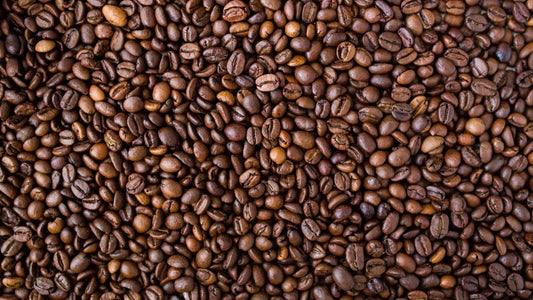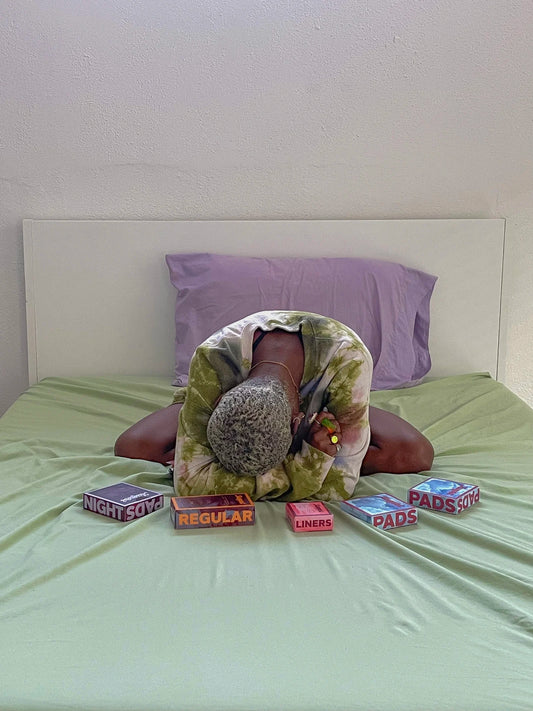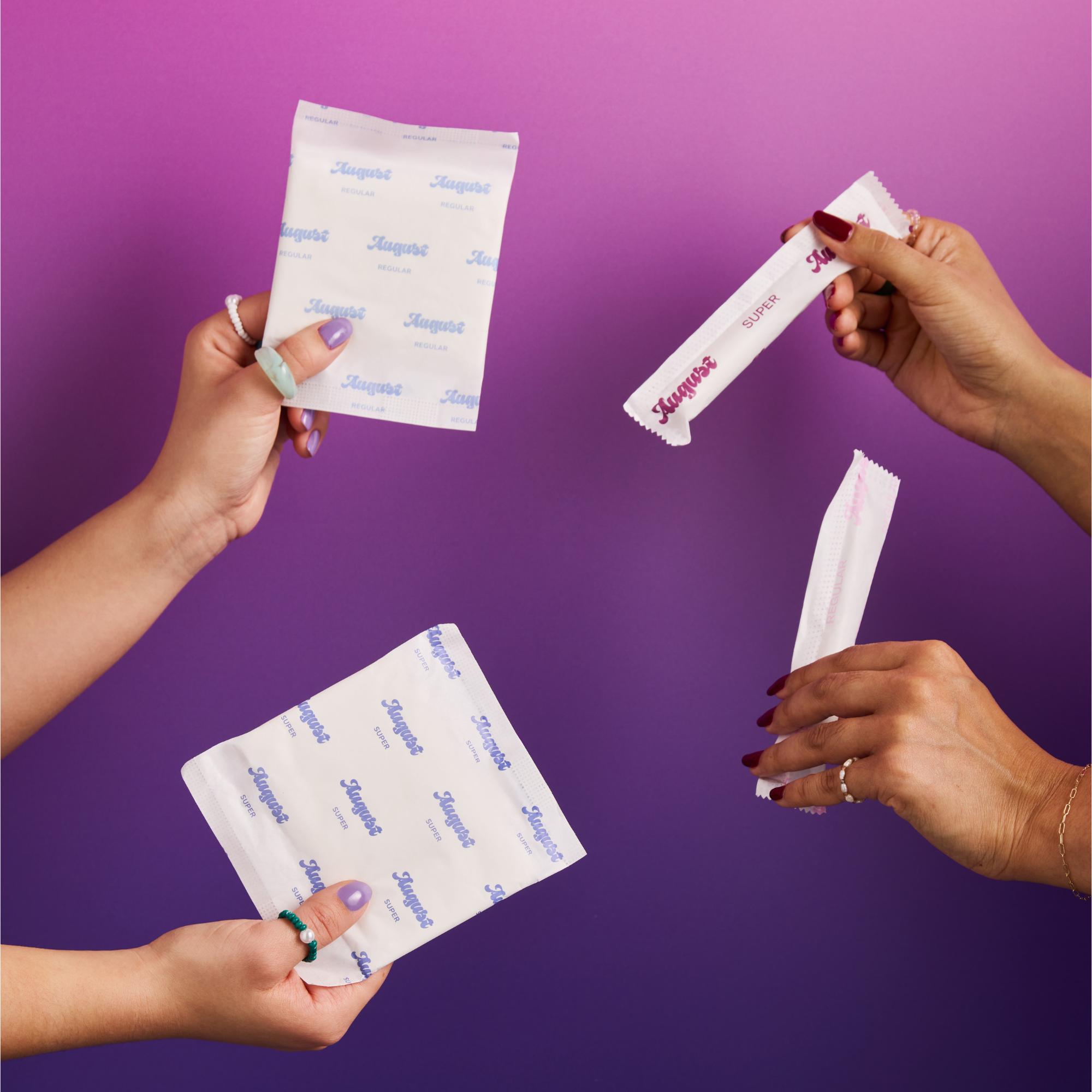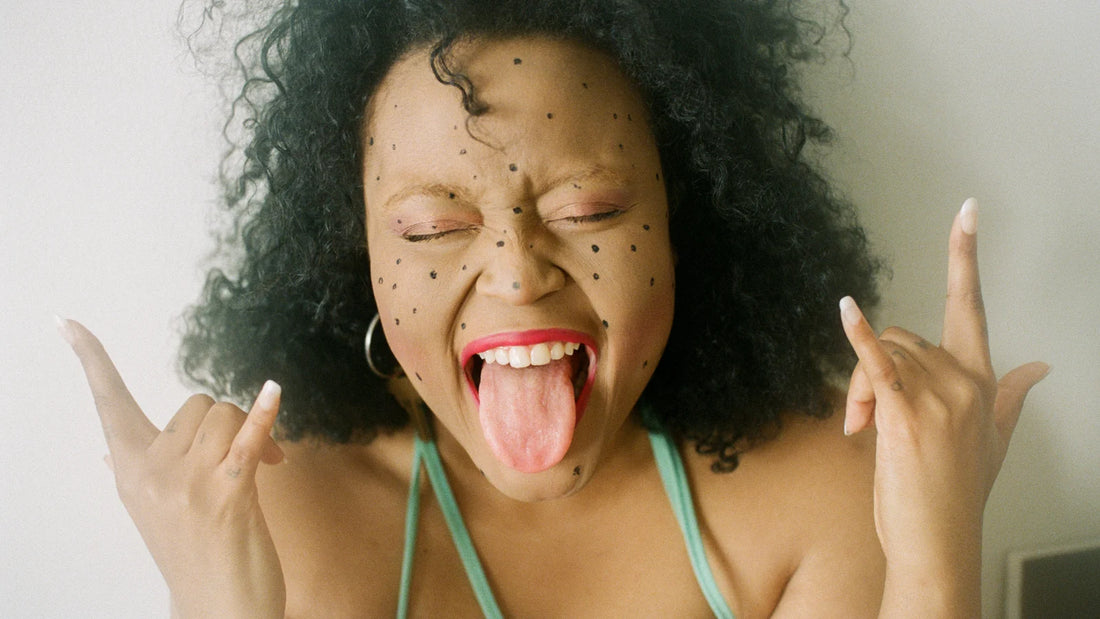
At what point in my period cycle am I most likely to have mood swings?
Mood swings happen as the four phases of the menstruation cycle happen, and your hormones change levels. You feel in lower moods during weeks 3 (after ovulation) and 4 (leading up to your period). The moral of the story - your mood is swinging throughout your entire cycle.
Moodiness can be associated with the menstrual cycle due to hormonal fluctuations. Early in the cycle, the adolescent's brain is dominated by estrogen. During this period, one may feel happy, peaceful, and even more social than usual, as estrogen can dampen the effects of adrenaline and other stress hormones. On day 14, luteinizing hormone surges to induce ovulation. The actual release of the egg then triggers an increase in progesterone, which prepares the body for the implantation of a fertilized embryo by thickening the lining of the uterus. This phase also brings more emotional changes. The premenstrual phase makes some menstruators feel tired, irritable, anxious, absent-minded, and even unmotivated; other menstruators barely notice these changes. Some folks also experience physical effects such as tender breasts or food cravings related to these rapidly shifting hormone levels. The first year or so of menstruation can be unpredictable—some menstruate every month but others only do so a few times a year—but paying attention to hormonal fluctuations and how they potentially affect one’s mood, sense of physical well-being, productivity, decision-making, and other things can be very useful. For those who experience severe mood swings, hormonal birth control may bring some relief.
The moral of the story - your mood is swinging throughout your entire cycle. Here is the breakdown of the rise & fall of the three key hormones—estrogen, testosterone and progesterone: Week 1: Estrogen starts at its lowest point and steadily rises. As it rises you go from feeling fatigued and quiet, to more energized, optimistic and motivated to socialize as well as improved memory. Your libido (sex drive) increases, and your muscle retention builds, although you may experience loss of appetite. Week 2: Estrogen and testosterone rise til they peak (at ovulation - 14th day in 28-day cycle). All of the positive effects of week 1 are enhanced making you more confident, braver, and ready to take on challenges. There is an output of pain-masking endorphins caused by the rise in estrogen which means going to the dentist, getting waxed, or getting a flu shot may hurt less. One downside of your Week 2: Some people experience anxiety or greater stress during this cycle week due to high estrogen triggering excessive arousal in the brain. Meditation, yoga, moderate aerobic exercise (such as brisk walking) and chamomile tea all help reduce this hormone-fueled anxiety. Week 3: begins the day after ovulation and lasts 8 days: Progesterone rises, estrogen and testosterone drop during the first half of week then estrogen rises again. This is the pre-PMS phase (irritability, fatigue, and a down mood) caused by a plunging of estrogen. By the second half of week 3, estrogen rises again which alleviates pre-PMS symptoms, levelling out your mood. As progesterone rises, it slows you down, makes you quieter, more cautious and a bit foggy and physically fatigued. Progesterone makes you have increased hunger and food cravings towards fat and calories. This is because your body is mimicking pregnancy therefore wants you to eat more. If you don't eat enough during this phase, your body may experience a dramatic shift in mood leading to feelings of anger or sadness. Week 4: Estrogen and progesterone plunge therefore your mood gets dragged making you sad, irritable or anxious. Not all people have bad moods during their premenstrual weeks, depending on genes and how healthy your lifestyle is (exercise, nutritious foods, good sleep, etc.). Plunging estrogen can make you cynical, pessimistic and critical since you're focusing more on negatives than positives. Your libido will return during this week - although not caused by hormones, researchers believe it’s caused by nerve endings below getting stimulated and ready for menstruation.





